It’s everything in the hair Swedish scientists examined 58 pooches – 33 Shetland Sheepdogs and 25 Border Collies – just as their proprietors. The mutts chose were adjusted for sex, breed and movement level.Both canine and proprietor character was surveyed through normalized character polls, with proprietors rounding out the Dog Personality Questionnaire in the interest of their pet.
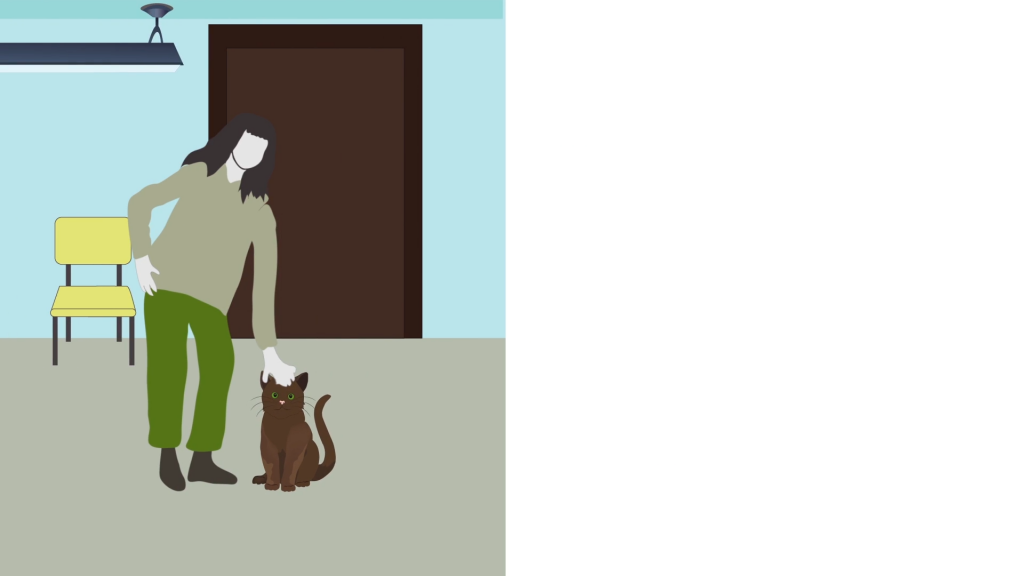
If you think your canine watches worried, it may be your own feelings of anxiety that are influencing your pet pooch. An examination distributed on Thursday in Nature’s Scientific Reports shows pet canines may synchronize their feelings of anxiety with those of their proprietors. Something other than being “man’s closest companion”, it shows up our pet pooches might be reflecting our psychological state as well, and that can be awful for their wellbeing.
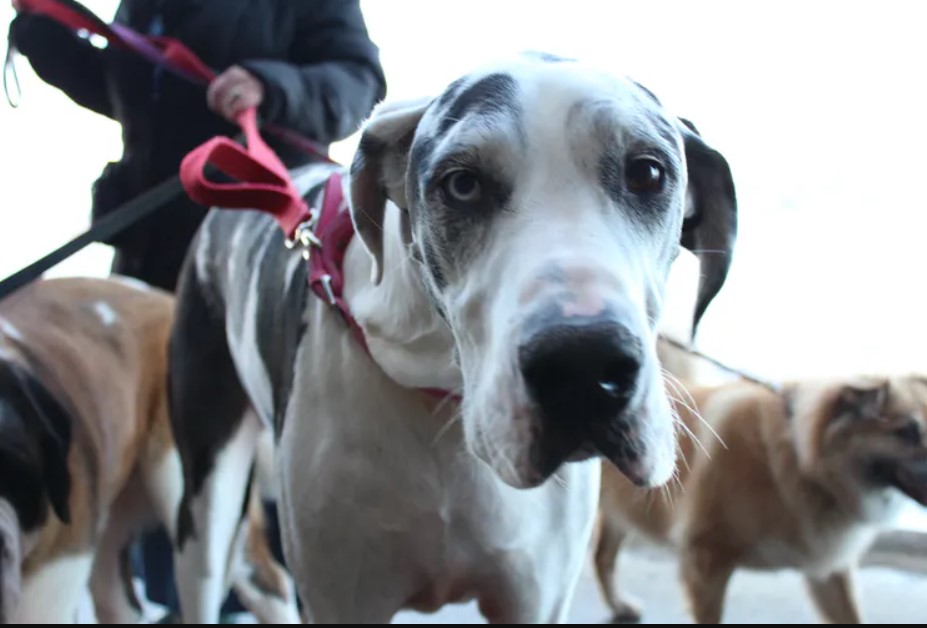
The scientists additionally estimated the hormone cortisol in the hair of pooches and their proprietors longer than a year-extensive stretch. Cortisol is a proportion of physiological pressure, which can be raised during mental misery. But at the same time it’s raised for brief periods, for example, during activity and sickness. Hair cortisol is a decent method of estimating long haul slants in feelings of anxiety, as hair develops gradually (about 1cm every month) and ingests flowing substances from the blood. Effect on hounds The outcomes demonstrated a huge connection among’s human and canine cortisol levels over the year. In 57 of the mutts in summer and 55 in winter, cortisol levels coordinated those of their proprietors. This implies for these pooches, their cortisol levels rose and fell as one with their owner’s.
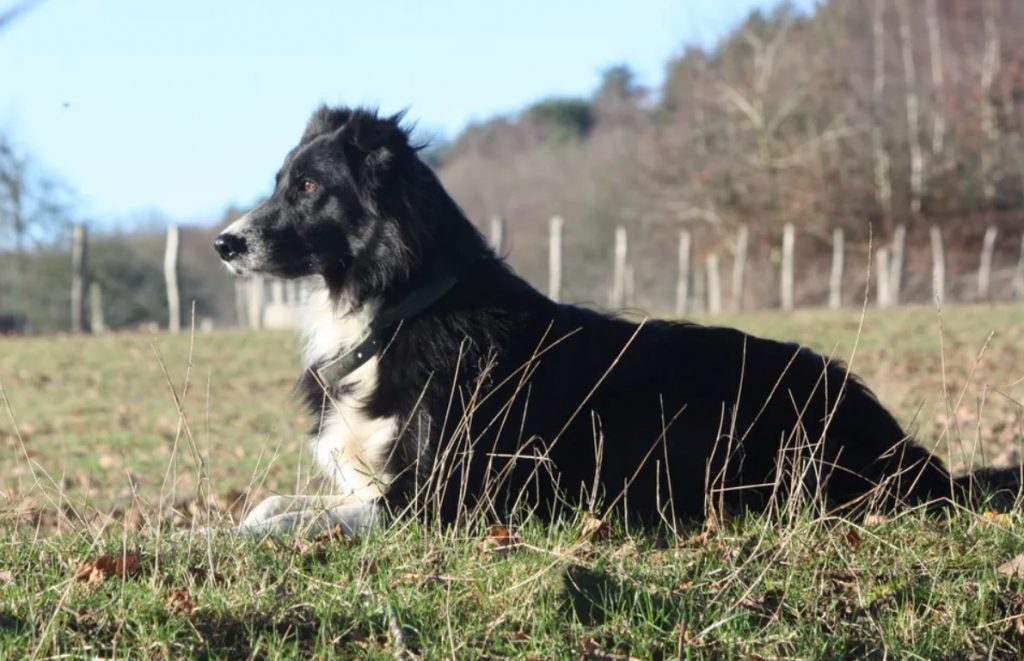
This relationship was not impacted by hound action levels or canine character. It was, be that as it may, affected by proprietor character. Proprietors with higher feelings of anxiety would in general have hounds with higher feelings of anxiety as well. Female mutts had a more grounded association with their proprietor’s feelings of anxiety contrasted and male canines. Past examinations have demonstrated that female mutts (just as rodents and chimpanzees) are more genuinely responsive than guys. There’s additionally proof that expanded oxytocin (the affection and holding hormone) in female pooches brings about expanded connections with their proprietor, causing a comparing increment in the proprietor’s oxytocin levels. This impact wasn’t found in male canines. A constraining variable to the new investigation was that it didn’t distinguish any reasons for raised worry in the canine proprietors. Yet, what it shows is that paying little mind to the reason for the pressure, our response to it impacts our mutts.

Our relationship with hounds Researchers have since quite a while ago talked about the idea of what is known as the “human-hound dyad”, a nearby bond among people and canines. This relationship, created more than 15,000 years, is one of a kind in the creature world.There is proof to recommend hounds advanced nearby us and therefore are on top of our feelings and bond with us through eye to eye connection. Albeit numerous parts of this between species relationship are certain (especially for us), it’s feasible there are a few disadvantages to this cozy relationship with hounds. In the same way as other creatures, we can impart infections to our pooches, for example, the superbug MRSA and Q Fever. Likewise, hound chomps are an issue of expanding significance to society. We realize that neglecting to giving fundamental consideration like food and sanctuary is brutal, however we regularly ignore how dismissing the psychological existences of our pets can likewise adversely affect their government assistance. Helping our pooches adapt Dogs are aware creatures.
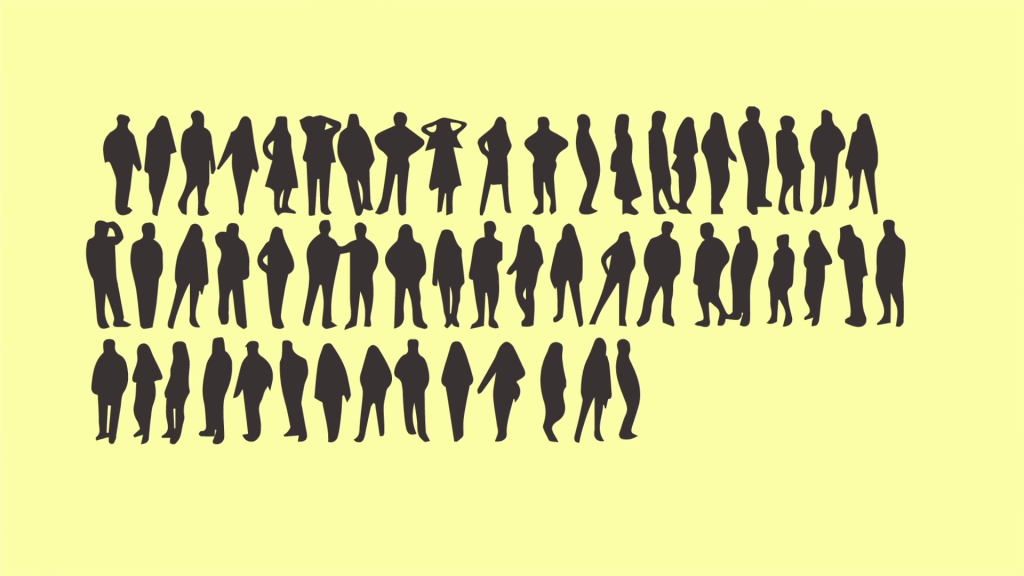
This implies they can encounter both positive and negative feelings, for example, delight, solace, dread, and nervousness. A poor mental state, where a pooch is consistently encountering negative feelings, for example, uneasiness, can prompt poor creature government assistance. On the off chance that proprietors affect the feelings of anxiety of their mutts, it implies we additionally assume a job in ensuring their government assistance.
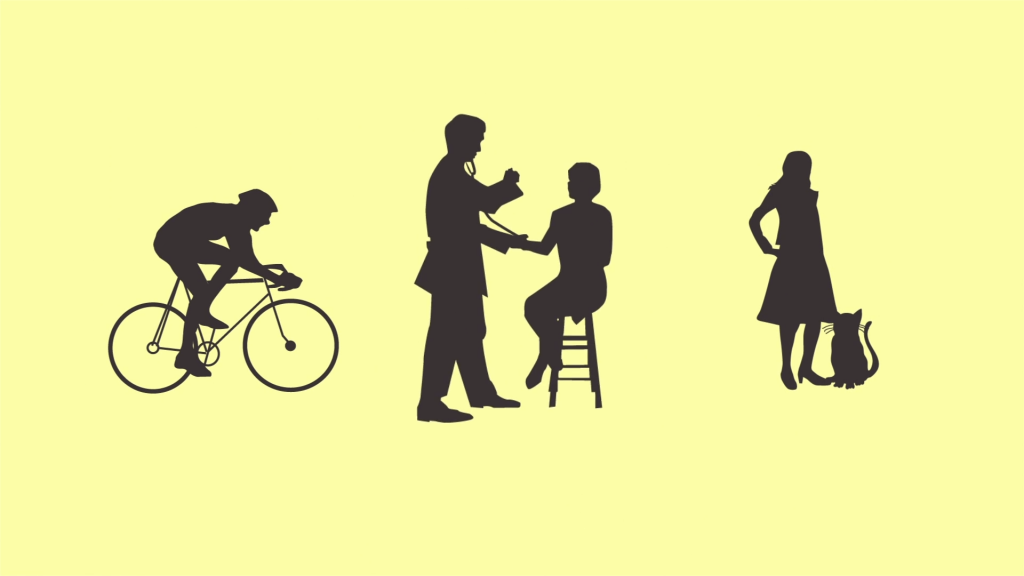
The effect we have on our pooch’s feelings of anxiety goes the two different ways – positive and negative. If we reduce our own stress levels, it’s likely we will also reduce our dog’s stress levels.We know chronic stress is bad for both humans and dogs, increasing the likelihood we will get sick as well as decreasing our quality of life. If you don’t work on decreasing your stress levels for your own sake, perhaps you will do it for your dog. There are great resources available for decreasing stress levels, and the good news is that some of them, such as getting out in nature, can be done with your dog right by your side.